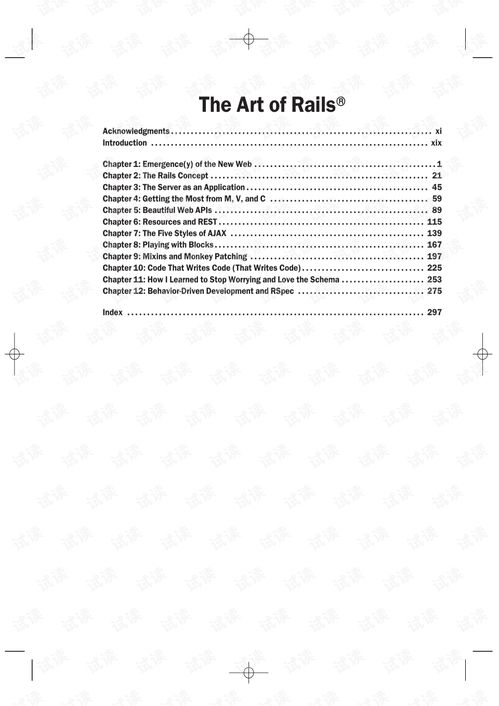本文目录导读:
- Understanding Competitive Fishing
- Learn the Basics
- Develop a Strategy
- Enhance Your Skills
- Mindset and Etiquette
- Advanced Techniques
- Conclusion
In the world of competitive sports, few activities offer the blend of skill, patience, and strategy that competitive fishing does. Whether you're a seasoned angler looking to refine your competitive edge or a beginner eager to dive into the thrilling world of competitive fishing, mastering the techniques is key to success. Here's a comprehensive guide on how to learn and excel in the art of competitive fishing.
Understanding Competitive Fishing
Before diving into the techniques, it's important to understand what competitive fishing entails. Competitive fishing, often referred to as "tournaments," involves anglers competing against each other to catch the most fish, the largest fish, or the most valuable catch within a specified time frame and under specific rules.
Learn the Basics
1 Familiarize Yourself with the Equipment
The first step in learning competitive fishing is to get acquainted with the essential equipment. This includes:
- Rod and Reel: The rod should be sturdy and designed for the type of fishing you plan to do. Reels should be appropriate for the type of fishing line you use.
- Fishing Line: Choose the right line for the conditions you'll be fishing in. Monofilament, fluorocarbon, and braided lines each have their advantages.
- Lures and Baits: Understand the different types of lures and baits available and how to use them effectively.
- Tackle Box: Have a well-organized tackle box with a variety of hooks, sinkers, swivels, and other accessories.
2 Master the Basics of Casting
Casting is a fundamental skill in competitive fishing. Practice different casting techniques to improve your accuracy and distance. Pay attention to the wind conditions and how they can affect your cast.
3 Learn to Read the Water
Understanding water conditions is crucial. Observe the water's clarity, depth, and flow. Look for signs of fish activity, such as surface disturbance or bubbles.
Develop a Strategy
1 Choose the Right Location
Research and choose fishing locations that are known for the species you want to catch. Consider the time of year, weather conditions, and local regulations.
2 Study the Fish
Understand the habits and preferences of the fish you're targeting. This includes their feeding patterns, preferred habitats, and the types of lures or baits they are most likely to bite.
3 Develop a Plan
Have a clear plan for each fishing session. This includes where you'll fish, what techniques you'll use, and how you'll adapt to changing conditions.
Enhance Your Skills
1 Learn from the Pros
Watch professional anglers in tournaments to learn their techniques and strategies. Many professional anglers share their knowledge through online videos and articles.
2 Join a Club or Group
Joining a fishing club or group can provide valuable opportunities to learn from experienced anglers, share tips, and practice your skills in a supportive environment.
3 Practice Regularly
Consistent practice is essential for improving your skills. Make fishing a regular part of your routine.
Mindset and Etiquette
1 Develop a Winning Mindset
Competitive fishing requires mental strength and resilience. Stay calm under pressure, stay focused, and be prepared to adapt to unexpected challenges.
2 Follow Tournament Rules
Always follow the rules and regulations of the tournament. Fair play and sportsmanship are crucial in competitive fishing.
Advanced Techniques
1 Advanced Casting Techniques
Once you've mastered the basics, learn advanced casting techniques such as flipping, pitching, and flipping and pitching. These techniques can help you fish in tight spaces and present your lure or bait more effectively.
2 Live Baiting and Rigging

If you're using live bait, learn how to rig it properly to maximize the chances of a bite. This may involve different rigging methods depending on the species you're targeting.
3 Tournament Tactics
Understand the nuances of tournament fishing, such as how to position your boat, how to manage your time, and how to read the other anglers in the tournament.
Conclusion
Competitive fishing is a sport that requires dedication, patience, and a willingness to learn. By following these steps and continuously honing your skills, you'll be well on your way to becoming a successful competitive angler. Remember, the journey is as rewarding as the destination, so enjoy the process and embrace the challenges that come with the territory. Happy fishing!












